Introduction
Ever wondered why your grandmother insisted on curd rice during summers or gave you a spoon of pickle with every meal? It turns out she was feeding your gut! In Indian households, Indian fermented foods and fiber-rich foods have long played a quiet but powerful role in supporting gut microbiome balance and overall health. While modern wellness trends embrace probiotics through pills and kombucha, Indian kitchens have always had naturally gut-friendly ingredients, rich in fermented beverages, nutrients, and beneficial microbes, passed down through generations.
This blog celebrates those humble Indian dishes that your body (and your gut microbes) absolutely love. These are the unsung heroes on our plates, rich in health-promoting prebiotic fibres. Next time you enjoy that glass of buttermilk or plate of idli, know that you’re nourishing your second brain, the gut, while supporting fermentation, metabolism, and reducing inflammation naturally.
Curd (Dahi)
Curd is a cool, creamy comfort food that’s packed with beneficial bacteria such as Lactobacillus delbrueckii subsp. bulgaricus, Streptococcus thermophilus, and sometimes Lactobacillus acidophilus. These friendly microbes support digestion, enhance gut microbiome balance, and help keep the gut ecosystem healthy. Regular consumption of curd, a staple among Indian fermented foods, can maintain microbial diversity, improve nutrient absorption, and contribute to overall metabolism and digestive wellness.
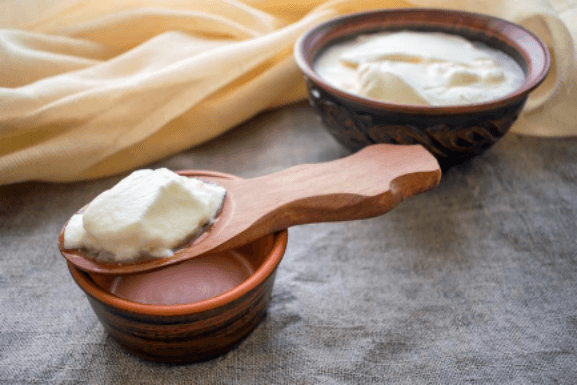
Buttermilk (Chaas)
That post‑lunch glass of chaas (buttermilk) is more than refreshing. It's a probiotic powerhouse and a staple of Indian fermented foods. When seasoned with cumin (jeera) and ginger, it aids digestion, cools the body, and supports gut microbiome balance. Common microbes found in buttermilk include Lactobacillus casei, Lactobacillus lactis, Lactococcus lactis, and Leuconostoc mesenteroides. Consuming this fermented beverage regularly may also reduce inflammation, improve metabolism, and help maintain overall digestive wellness.
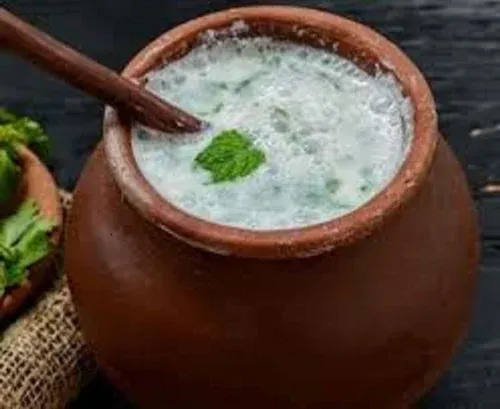
Pickles (Traditional Fermented Achaar)
Not the store‑bought vinegar‑soaked ones we mean the homemade, sun‑fermented pickles, a classic among Indian fermented foods. These are loaded with beneficial microbes such as Leuconostoc mesenteroides, Lactobacillus plantarum, and Lactobacillus brevis, which can enhance gut microbiome balance and boost microbial diversity. Homemade fermented pickles are not only tangy and delicious, they also support digestion, strengthen immunity, and contribute to overall gut health while promoting healthy metabolism.
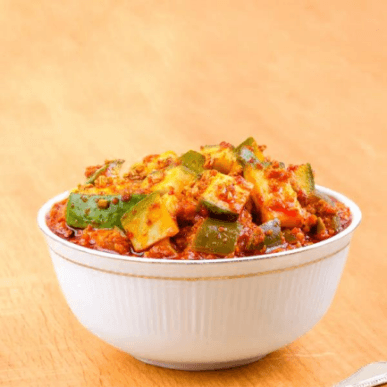
Idli and Dosa (Fermented Rice & Lentil Batter)
Soft idlis and crispy dosas aren’t just breakfast favourites, they are microbiome magic and a key part of Indian fermented foods. The fermentation process pre‑digests nutrients, making them easier to absorb and supporting overall metabolism. These foods encourage the production of short‑chain fatty acids (SCFAs), such as butyrate, which help maintain colon health, reduce inflammation, and promote gut microbiome balance. Common microbes found in these fermented batters include Lactobacillus fermentum and Leuconostoc mesenteroides, making them an excellent addition to a gut-friendly diet.
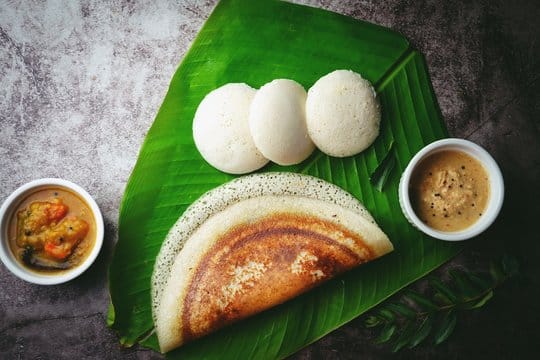
Kanji (Fermented Carrot or Beet Drink)
Kanji, that vibrant, magenta‑colored winter drink, works quietly behind the scenes to support gut microbiome balance and improve microbial diversity. Made by fermenting carrots or beets with mustard seeds, kanji is a seasonal favourite and a classic Indian fermented food with potent probiotic benefits. This fermented beverage helps restore beneficial microbes, supports digestion, reduces inflammation, and provides antioxidant support for overall gut and metabolic health.
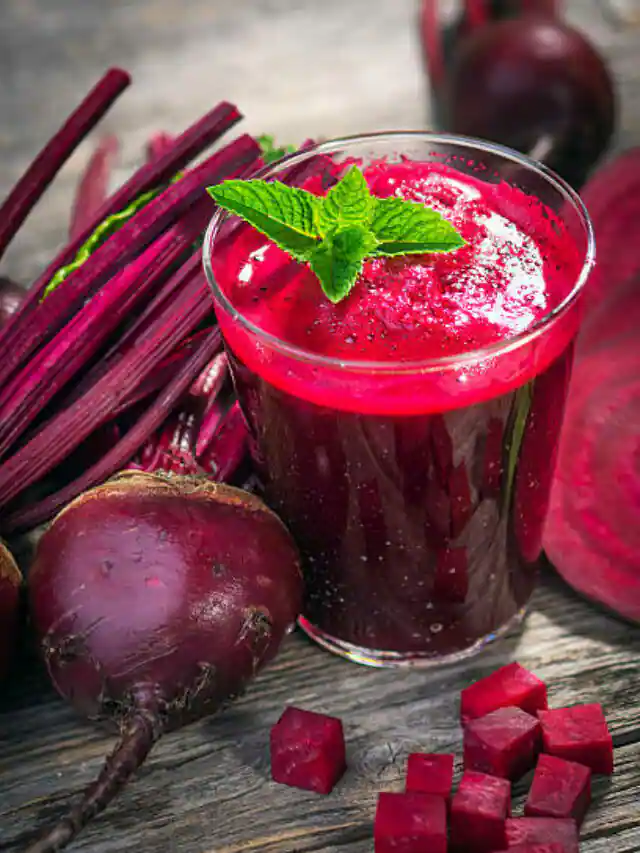
Lentils and Pulses (Dal, Rajma, Chana)
Your everyday dal‑chawal is more than comfort food, it's gut food! Pulses are rich in fiber-rich foods and resistant starches that act as prebiotics, feeding your gut microbes and supporting the production of short‑chain fatty acids (SCFAs). Including legumes like dal, rajma, and chana encourages a healthy gut microbiome balance, promotes beneficial microbes like Bifidobacteria, Lactobacilli and helps maintain overall digestion and metabolism.To learn more about signs that your gut microbiome might be imbalanced, check out this guide on 5 signs your gut microbiome is out of balance.
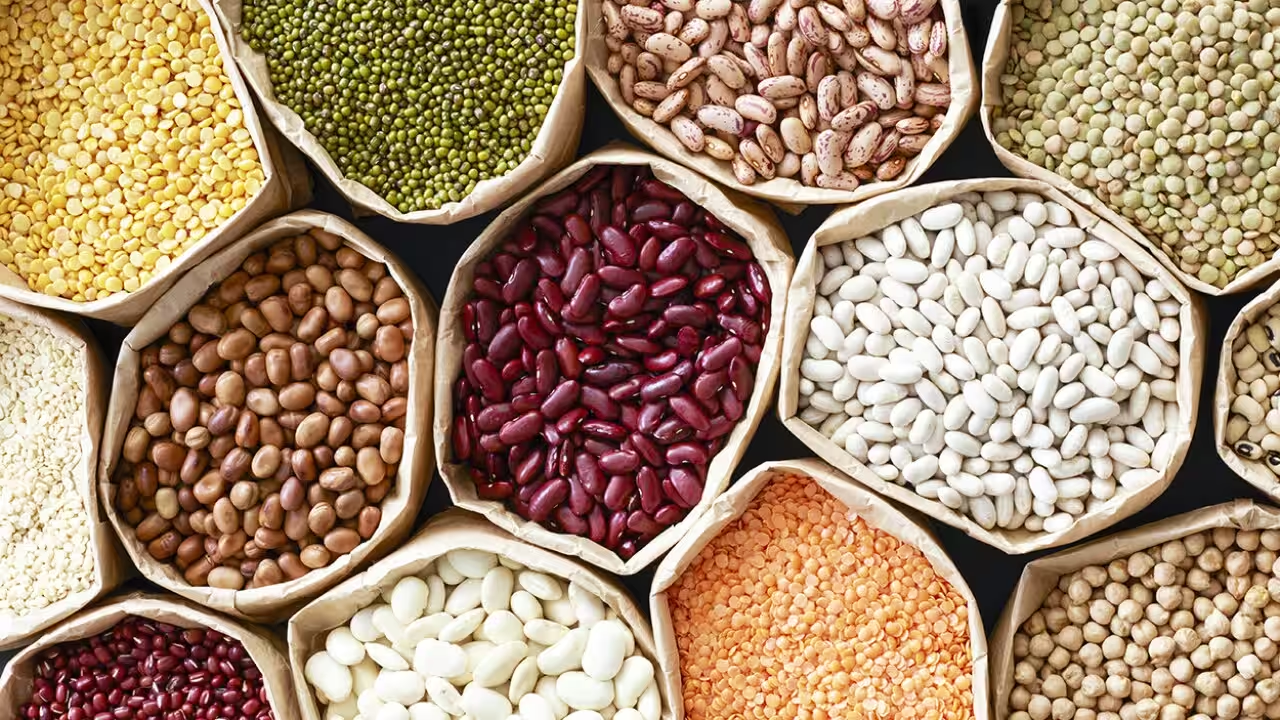
Conclusion
Our grandparents didn’t need fancy labels to eat healthy; they trusted their thalis. Turns out they were spot on. From creamy curd to tangy homemade fermented pickles, traditional Indian fermented foods are deeply nourishing for the gut microbiome.
Next time you have idli for breakfast or sip buttermilk after lunch, remember you’re not just enjoying comfort food you’re actively promoting better digestion, supporting beneficial microbes, strengthening immunity, and enhancing overall metabolism and well‑being.
Note: The microbial strains mentioned are based on scientific studies of traditional fermented foods. Since fermentation often happens naturally, the dominant microbes may vary depending on region, ingredients, and preparation style, but they consistently deliver beneficial effects for gut microbiome balance.
-Kamala.M
References
Chaudhary, A., Sharma, D. K., & Arora, A. (2018). Prospects of Indian traditional fermented food as functional foods. The Indian Journal of Agricultural Sciences, 88(10).
Das, G., Patra, J. K., Singdevsachan, S. K., Gouda, S., & Shin, H. S. (2016). Diversity of traditional and fermented foods of the Seven Sister states of India. Frontiers in Life Science, 9(4), 292–312. https://doi.org/10.1080/21553769.2016.1249032
Kumar, R. S., et al. (2012). Traditional Indian fermented foods: A rich source of lactic acid bacteria. International Journal of Food Sciences and Nutrition. https://doi.org/10.3109/09637486.2012.746288
Rawat, K., Kumari, A., Kumar, S., & Gehlot, R. (2018). Traditional fermented products of India. International Journal of Current Microbiology and Applied Sciences, 7(4), 1873–1883. https://doi.org/10.20546/ijcmas.2018.704.214
Ray, M., Ghosh, K., Singh, S., & Mondal, K. C. (2016). Folk to functional: Rice-based fermented foods in India. Journal of Ethnic Foods, 3(1), 5–18. https://doi.org/10.1016/j.jef.2016.02.002
Ray, R. C., & Swain, M. R. (2016). Indigenous fermented foods and beverages of Odisha, India: An overview.


